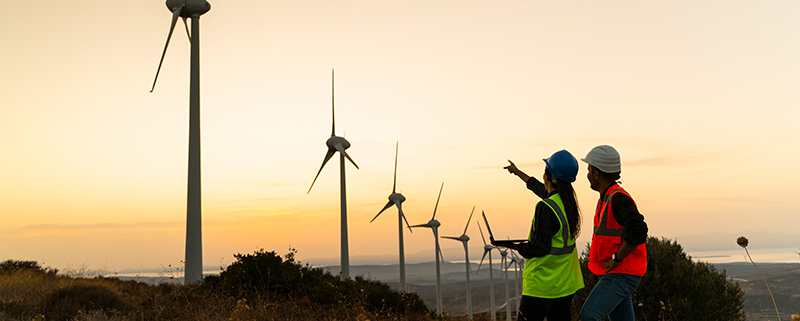by Neil Bergmann
Through baptism into Jesus’ death and resurrection, we are adopted into the kingdom of heaven. During his earthly ministry, Jesus teaches about what it means to live, here and now, in that new kingdom. And a lot of that teaching is about money.
Our congregations are full of generous people. We gladly give of our time, talents and possessions towards God’s mission through his church. But we also like to think that what is left is ours to do with as we wish. Jesus will have none of that. Jesus is Lord of all that we have.
In Matthew’s gospel (19:21), Jesus knows that money is an obstacle to the rich young man’s life in the new kingdom: ‘If you wish to be perfect, go, sell your possessions, and give the money to the poor, and you will have treasure in heaven; then come, follow me.’ Then in Luke, using the parable of the dishonest steward, Jesus teaches: ‘You cannot serve both God and money’ (16:13).
Elsewhere in this edition, the notion of ethical Investing is explained. As we are called to care for God’s good creation, we can make financial choices that are better for the environment, by promoting moves to renewable energy and sustainable farming, fishing and forestry.
Three areas in which our everyday financial decisions can support more sustainable communities are superannuation, banking and insurance.
Many of us have funds invested in superannuation, often in default investment plans. We generally can choose our super provider and different investment plans. Almost every provider has socially responsible investment choices, but these are rarely the default fund. It takes just a few minutes to change from the default fund to the equivalent socially responsible fund.
We make choices about which banks we use, both as individuals and as congregations, but care for creation is rarely part of the decision. We could choose a bank that, for example, doesn’t lend to new fossil fuel projects. Similarly, most of us have insurance policies, and we could choose providers that are not insuring new fossil fuel projects. Climate advocacy group marketforces.org.au has asked different insurance and banking providers about their climate credentials, so you don’t need to do the difficult research yourself. If you are reluctant to change your provider, then you could write to your bank or insurer requesting that their business policies promote socially responsible and environmentally sustainable practices.
In the recent Australian federal election, an important issue for many voters and candidates was action on climate change. Climate change most severely affects those who are least able to adapt to a changing climate – the poor and vulnerable in developing countries. These are exactly the ones Jesus asks us to care for in his new kingdom, and our everyday financial decisions can be part of that care.
Neil Bergmann is chair of Lutheran Earth Care, Australia and New Zealand (LECANZ).
Learn more about LECANZ, which reports to the LCANZ’s Commission on Social and Bioethical Questions, and access resources and information on its website at www.lutheranearthcare.lca.org.au



